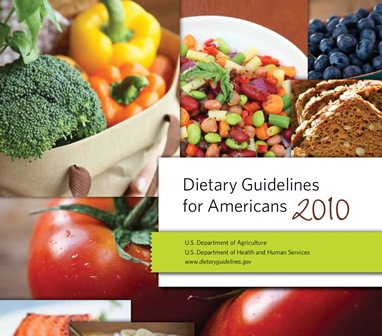Diet: Reducing Risks Associated with Long Work Hours
Diet

While deployed, the types of food you will have available and your overall eating schedule will likely change. Major changes in your diet may cause gastrointestinal problems, which can worsen with stress, schedule changes, and jet travel. As much as possible,
- Eat a variety of healthy foods.
- Eat vegetables, fruits, whole grains, fat-free or low-fat dairy products, and seafood more often.
- Eat less often foods and beverages high in solid fats (major sources of saturated and trans fats) and added sugars, and reduce sodium (salt) intake.
- Include fish, poultry, beans, eggs, nuts, and lean meat, but rarely eat processed or red meat.
- Eat a balanced diet across the day for breakfast, lunch, and dinner: low blood sugar increases sleepiness and fatigue.
- Eat high-fiber snacks like unsalted nuts and dried fruit every few hours.
- Avoid foods and drinks high in sugar. These can make you feel tired and sleepy.
- Limit your intake of caffeine and alcohol.
- Stay well hydrated (dehydration may increase fatigue).
